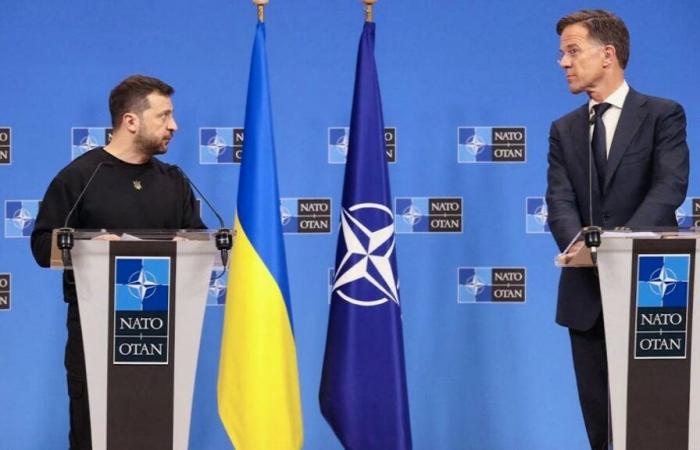The desire for five NATO countries to withdraw from the treaty prohibiting the use of anti -personnel mines worries experts, before a meeting this week in Geneva, aimed at strengthening the fight against these explosive devices. Several organizations have deplored these announcements in recent weeks, including the International Committee of the Red Cross (ICRC) which qualified them as “dangerous decline for the protection of civilians in armed conflicts”.
On April 1, Finland announced that it wanted to withdraw from the Treaty of the International Convention prohibiting anti -personnel mines, known as Ottawa. A few weeks before, four other NATO countries located on the eastern flank of the military alliance – Poland, Lithuania, Latvia and Estonia – also took a step towards an exit from the treaty, all also invoking the growing threat represented by Russia.
From Ukraine to Burma, passing through Sudan and Syria, nearly 60 countries and territories are contaminated by explosive remains of war (REG), improvised explosive devices or terrestrial mines, recalled James Staples, one of the UNMAS officials.






